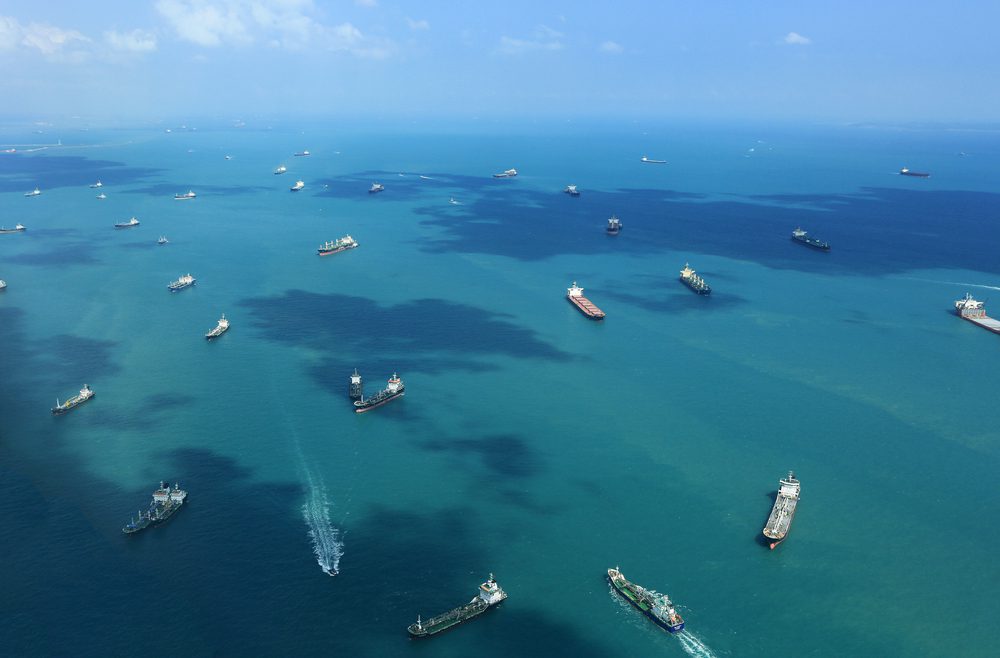Photo: Shutterstock/Rasti Sedlak
By Mike Wackett (The Loadstar) – The bunker market is far from ready for the substantial switch in demand to low-sulphur fuel, when the IMO’s 0.5% cap comes into force on 1 January next year, according to the Marine Bunker Exchange (MABUX).
In an article published by international shipping association BIMCO, the bunker exchange cautions that “shipowners are ready, but the bunker market is not” –adding that reports from oil majors regarding the delivery of LSFO (low-sulphur fuel oil) “are concerning”.
MABUX estimates that the global shipping fleet consumes some 5.3m barrels a day, with about 4m of these being non-compliant after the new IMO regulations kick in.
Given that the majority of demand is expected to shift to LSFO to comply with IMO 2020, it calculates that the market for some 3m barrels will effectively “disappear overnight”.
Moreover, the premium for LSFO remains unclear, meaning ship operators cannot properly budget for the increase in their fuel costs, or for that matter advise clients how much extra they expect them to pay.
“The 0.5% fuel is not physically in the market right now… we have only futures with delivery time in December 2019,” said Sergey Ivanov, director at MABUX.
“We do not have all the answers as to when, where and how much, making it difficult to forecast what the exact margin will be between high-sulphur fuel oil (HFO) and LSFO,” he said.
“Right now, we see that marine gas oil trades at a premium of about $250 per ton more than HFO, but the forward curve forecast is that it may rise to about $380 per ton at the beginning of 2020,” said Mr Ivanov.
MABUX understands, from its discussions with the main global bunker suppliers, that the first regular deliveries of the maximum 0.5% compliant fuel to bunker ports around the world is expected some time in the third quarter.
Operators with ships that do not have scrubbers installed, which enable vessels fitted with the exhaust gas cleaning systems to continue to burn HFO, will need to start cleaning their tanks and replenishing with LSFO several weeks before the IMO 2020 regulations come into force.
And in discussions with the oil bunker suppliers, a confusing outlook has emerged.
One oil major surveyed by MABUX said it would be delivering LSFO to 18 ports in the world, including main hubs, and would continue to deliver HFO to 15 ports. Another said it would only be delivering LSFO to seven ports, for now.
“This picture suggests the question of availability of very low-sulphur fuel is critical at this point. No one is sure that there will be enough LSFO in all the main ports in the world,” said Mr Ivanov.
“In our view, shipowners are ready. Many are in a position now where they can say ‘give me compliant fuel and I will adjust my power system, I will train my crew and start using it’.
“But they need the compliant fuel and they cannot get that now. They do not currently have much choice. Many of them are ready, but the bunker market is not,” he warned.
The Loadstar is fast becoming known at the highest levels of logistics and supply chain management as one of the best sources of influential analysis and commentary.
Check them out atTheLoadstar.co.uk, or find them on FacebookandTwitter.

 Join The Club
Join The Club











